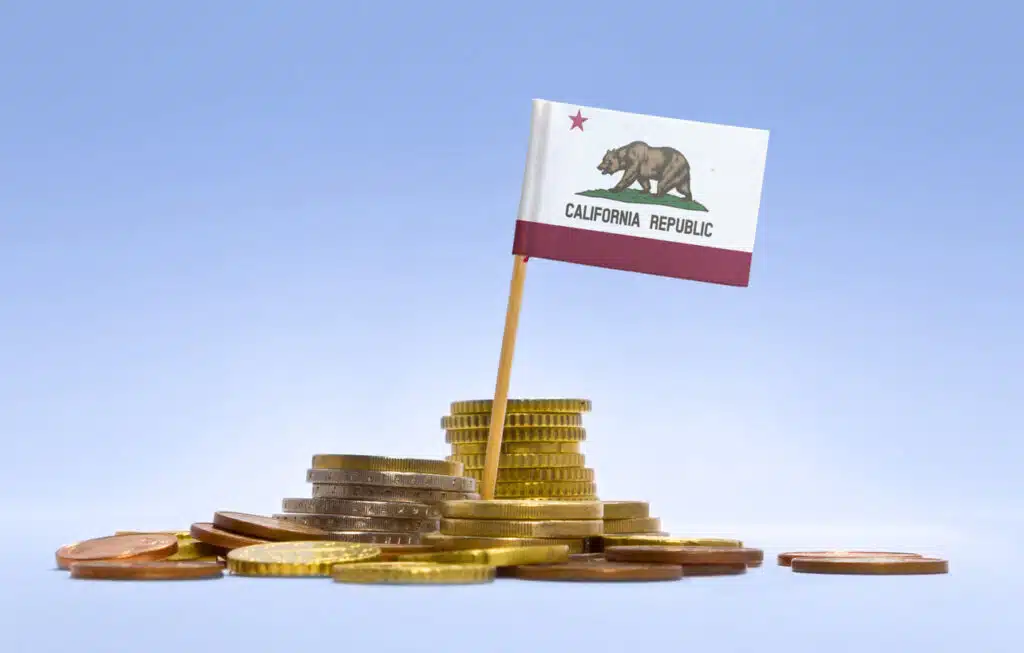Legislation wasn’t passed to repeal or modify the unpopular Section 174 capitalization and amortization rules before initial tax deadlines for 2022 came into effect.
But coming off of a cash and staff infusion, the IRS and the Treasury Department are sharing new guidance around how and when United States companies can amortize research and development costs under the current language of the US tax code.
Notice 23-63, which was issued on Friday, September 8, 2023, provides more explicit guidance on how businesses conducting research and development can amortize these costs for tax years beginning after Dec. 31, 2021. This guidance follows the recent expiration of an allowance to immediately deduct those costs in full during the year incurred, which was given a since-passed deadline as part of the 2017 Tax Cuts and Jobs Act.
Now, S174 dictates that businesses must amortize their R&D costs over five years or longer to qualify for deductions.
Specifically, the new guidance applies to a five-year amortization period for specified research and experimental (SRE) costs attributable to domestic research and a 15-year period for SRE expenditures related to foreign research. This includes software and R&D work “that would eliminate uncertainty concerning the development or improvement or appropriate design of a product or a component or subcomponent of a product,” according to Notice 23-63.
Additional language within the 45 page document adds court case references and expanded context for what’s specifically changing as part of S174, but actually promises more ‘guidance-to-come’ from both the Treasury and the IRS than it really delivers.
In fact, much of the document can be viewed as an invitation for comment as lawmakers on both sides of the aisle hope for a return to the pre-TCJA R&D tax structure.
Open questions remain around Section 174
While the new guidance better defines timelines for qualifying SRE, it also poses questions to taxpayers, business owners and stakeholders across the tech ecosystem on how the government should proceed when it comes to helping fund innovation.
The guidance questions whether special rules should be developed that only apply to startups, for instance—a business sector that historically relied on R&D tax credits to fuel their runway prior to many receiving hefty tax bills as a result of the new rules.
The document also proposes whether additional guidance is necessary to define how SRE expenditures should be treated as property in partnership contexts. Specifically, whether “allowing a deduction for unamortized SRE expenditures in the final year of a partnership that liquidates or otherwise terminates” could encourage abuse of the program.
Written comments are due by Nov. 24, according to Notice 23-63, while the guidance therein will be applicable for taxable years beginning after Sept. 8 (though taxpayers may choose to apply certain aspects of the rules to years beginning in 2022, according to the notice).
Tougher tax filing for 2022 and beyond
Even with additional guidance from the government, navigating these new tax systems and avoiding the worst tax burden is a trickier proposition this year than ever before.
This is especially true for businesses that are coming up against the final tax extension deadline on October 15. If businesses not only fail to file in time, but offer an incomplete or inaccurate claim by the tax deadline, they could be left on the hook for expensive penalties on top of their existing tax bills.
At Boast, thousands of startups across North America partner with our experts and leverage our cutting-edge technology to not just simplify the process of claiming R&D tax credits, but maximize their claim and even assure it with our audit defense capabilities.
Wherever you are in your tax filing process, if you’re coming up against the upcoming tax extension, partner with our team today to claim all the money your team deserves. We’ll even offer first-time filers a 30 percent discount on our expert services if they partner with our team today.





